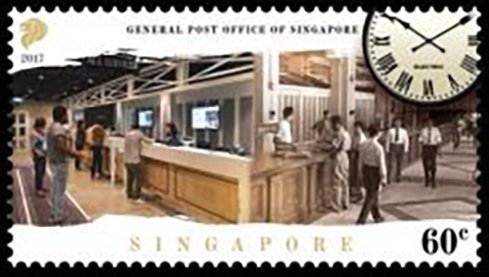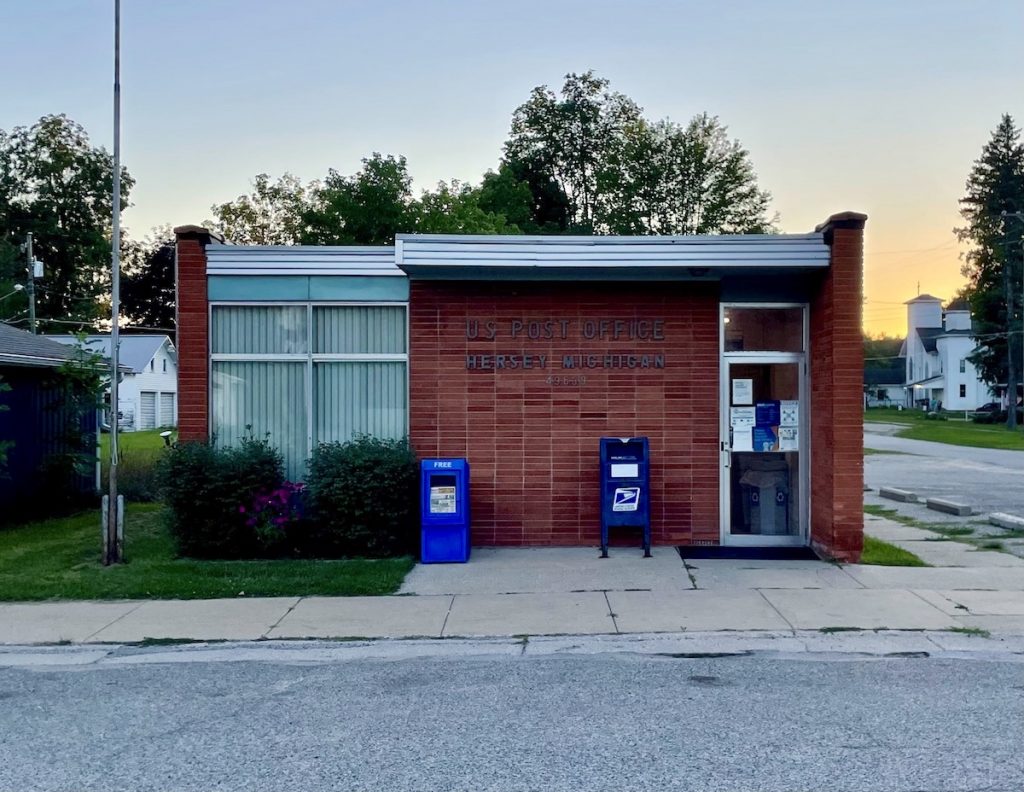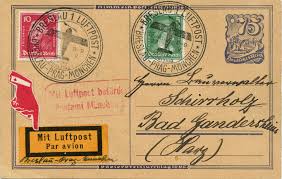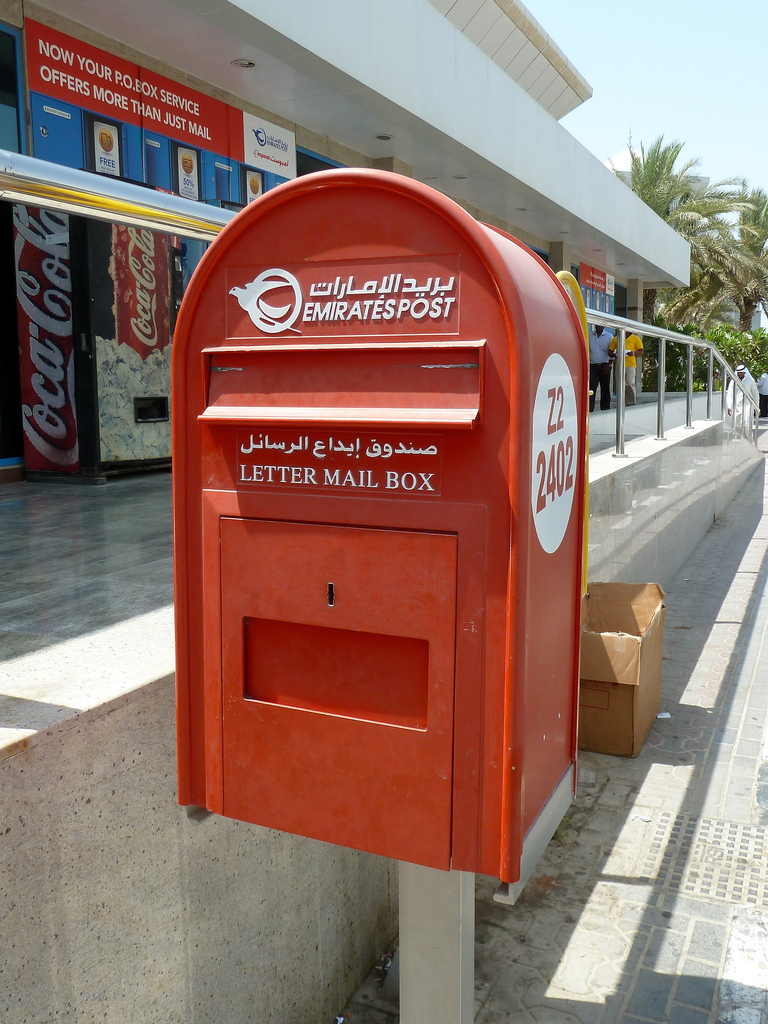Stamp: Opening of New SingPost GPO Center (Singapore 2017)
Opening of New SingPost GPO Center (Singapore 2017)
09 October (Singapore ) within release Opening of New SingPost GPO Center goes into circulation Stamp Opening of New SingPost GPO Center face value 60 Singapore cent
| Stamp Opening of New SingPost GPO Center in catalogues | |
|---|---|
| Michel: | Mi: SG 2481 |
| Stamp Number: | Sn: SG 1860 |
Stamp is square format.
Also in the issue Opening of New SingPost GPO Center:
- Stamp - Opening of New SingPost GPO Center face value 60;
- Stamp - Opening of New SingPost GPO Center face value 90;
- Stamp - Opening of New SingPost GPO Center face value 1.30;
- Stamp - Opening of New SingPost GPO Center face value 1st;
|
Data entry completed
46%
|
|
|---|---|
| Stamp Opening of New SingPost GPO Center in digits | |
| Country: | Singapore |
| Date: | 2017-10-09 |
| Emission: | Commemorative |
| Format: | Stamp |
| Face Value: | 60 Singapore cent |
Stamp Opening of New SingPost GPO Center it reflects the thematic directions:
A clock or chronometer is a device that measures and displays time. The clock is one of the oldest human inventions, meeting the need to measure intervals of time shorter than the natural units such as the day, the lunar month, and the year. Devices operating on several physical processes have been used over the millennia.
A post office is a public facility and a retailer that provides mail services, such as accepting letters and parcels, providing post office boxes, and selling postage stamps, packaging, and stationery. Post offices may offer additional services, which vary by country. These include providing and accepting government forms (such as passport applications), and processing government services and fees (such as road tax, postal savings, or bank fees). The chief administrator of a post office is called a postmaster.
Postal history is the study of postal systems and how they operate and, or, the study of the use of postage stamps and covers and associated postal artifacts illustrating historical episodes in the development of postal systems. The term is attributed to Robson Lowe, a professional philatelist, stamp dealer and stamp auctioneer, who made the first organised study of the subject in the 1930s and described philatelists as "students of science", but postal historians as "students of humanity". More precisely, philatelists describe postal history as the study of rates, routes, markings, and means (of transport).
The mail or post is a system for physically transporting documents and other small packages; or, the postcards, letters, and parcels themselves. A postal service can be private or public, though many governments place restrictions on private systems. Since the mid-19th century national postal systems have generally been established as government monopolies with a fee on the article prepaid. Proof of payment is often in the form of adhesive postage stamps, but postage meters are also used for bulk mailing. Modern private postal systems are typically distinguished from national postal agencies by the names "courier" or "delivery service". Postal authorities often have functions other than transporting letters. In some countries, a postal, telegraph and telephone (PTT) service oversees the postal system, in addition to telephone and telegraph systems. Some countries' postal systems allow for savings accounts and handle applications for passports.




